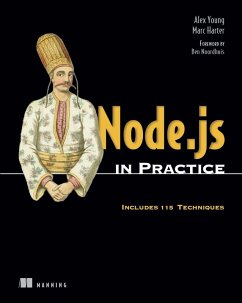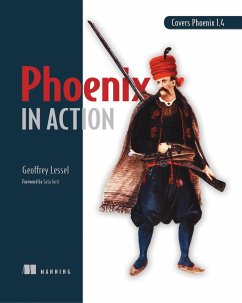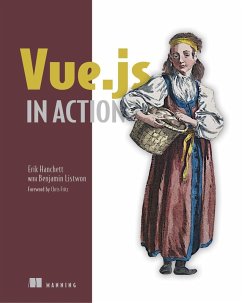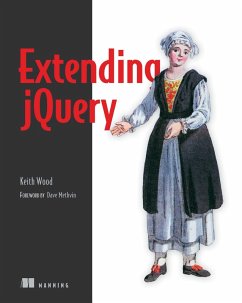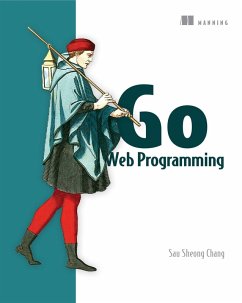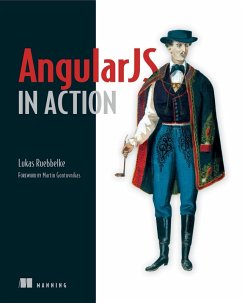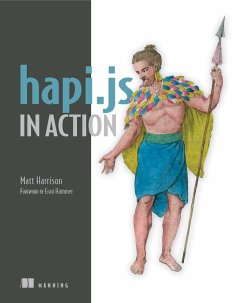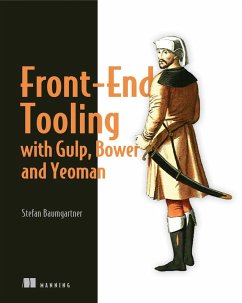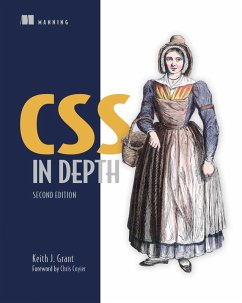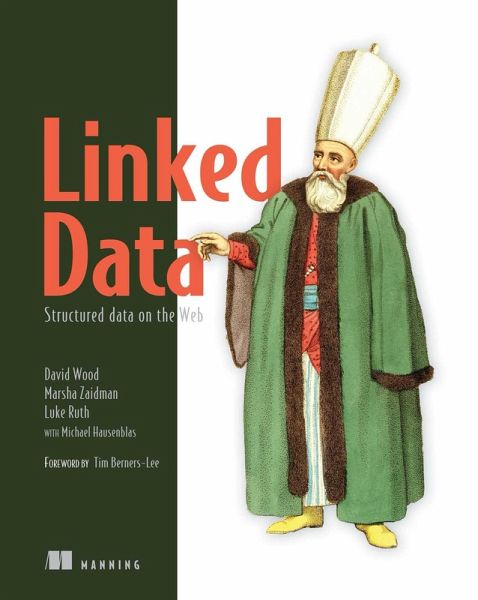
Linked Data (eBook, ePUB)
Structured data on the Web
Versandkostenfrei!
Sofort per Download lieferbar
38,56 €
inkl. MwSt.
Weitere Ausgaben:

PAYBACK Punkte
0 °P sammeln!
Summary Linked Data presents the Linked Data model in plain, jargon-free language to Web developers. Avoiding the overly academic terminology of the Semantic Web, this new book presents practical techniques, using everyday tools like JavaScript and Python. About this Book The current Web is mostly a collection of linked documents useful for human consumption. The evolving Web includes data collections that may be identified and linked so that they can be consumed by automated processes. The W3C approach to this is Linked Data and it is already used by Google, Facebook, IBM, Oracle, and governm...
Summary Linked Data presents the Linked Data model in plain, jargon-free language to Web developers. Avoiding the overly academic terminology of the Semantic Web, this new book presents practical techniques, using everyday tools like JavaScript and Python. About this Book The current Web is mostly a collection of linked documents useful for human consumption. The evolving Web includes data collections that may be identified and linked so that they can be consumed by automated processes. The W3C approach to this is Linked Data and it is already used by Google, Facebook, IBM, Oracle, and government agencies worldwide. Linked Data presents practical techniques for using Linked Data on the Web via familiar tools like JavaScript and Python. You'll work step-by-step through examples of increasing complexity as you explore foundational concepts such as HTTP URIs, the Resource Description Framework (RDF), and the SPARQL query language. Then you'll use various Linked Data document formats to create powerful Web applications and mashups. Written to be immediately useful to Web developers, this book requires no previous exposure to Linked Data or Semantic Web technologies. Purchase of the print book includes a free eBook in PDF, Kindle, and ePub formats from Manning Publications. What's Inside
- Finding and consuming Linked Data
- Using Linked Data in your applications
- Building Linked Data applications using standard Web techniques
- PART 1 THE LINKED DATA WEB
- Introducing Linked Data
- RDF: the data model for Linked
- Consuming Linked Data PART 2 TAMING LINKED DATA
- Creating Linked Data with
- SPARQL-querying the Linked PART 3 LINKED DATA IN THE WILD
- Enhancing results from search
- RDF database fundamentals
- Datasets PART 4 PULLING IT ALL TOGETHER
- Callimachus: a Linked Data
- Publishing Linked Data-a recap
- The evolving Web
Dieser Download kann aus rechtlichen Gründen nur mit Rechnungsadresse in A, B, BG, CY, CZ, D, DK, EW, E, FIN, F, GR, HR, H, I, LT, L, LR, M, NL, PL, P, R, S, SLO, SK ausgeliefert werden.




